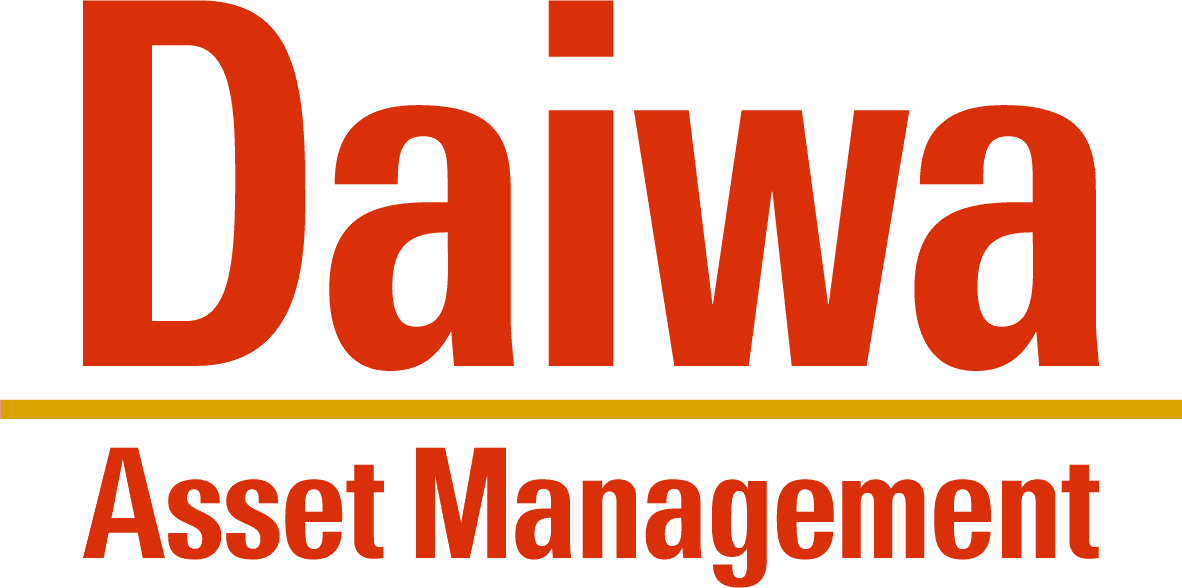New graduates often find themselves confronted with a challenge rarely addressed in traditional university courses: how to bridge their academic knowledge with the practical skills required to be successful in the workplace. Financial modeling is a prime example of a technical skill necessary in many finance and accounting roles, but is not typically tackled in the classroom. When students graduate without financial modeling knowledge, they lack the skills that are necessary from their first day on the job.
When we talk about financial modeling, what do we really mean? In many corporate finance settings, we are referring to the ability to build a forecast of a company or an opportunity. We combine skills in finance, accounting, Excel and design to create a tool which can be used to make a financial decision.
Financial models guide strategy, evaluate investment opportunities, forecast financial outcomes, and manage risks. Yet, despite its significance as a discipline, financial modeling is frequently overlooked in undergraduate and even graduate-level curricula.
Consequently, new hires are often not “desk-ready,” a term many employers use to describe graduates who lack the essential, practical skills – like financial modeling – required to get quickly onboarded into their new roles. When new hires start positions in finance and accounting without prior experience in financial modeling, data show that their confidence, productivity, and trajectory of their careers may be negatively impacted.
Integrating financial modeling into university courses provides clear benefits:
- Enhanced Employability: Employers are increasingly indicating that they are looking for candidates with financial modeling skills – right on the job posting! When new hires have financial modeling skills, they can easily transition from academic knowledge to practical execution.
- Job Preparedness: New hires equipped with financial modeling skills can add value to their teams and clients right away.
- Better Decision-Making Abilities: Financial modeling is an excellent leadership development tool. It forces students to think analytically and strategically about a problem, enabling stronger decision-making.
- Reduced Training Costs for Employers: Companies can allocate fewer resources to training if new hires already possess essential modeling skills.
Many students are attracted to business programs because they are looking for great work opportunities. Finance and accounting professors can play an important role in bridging the gap between academic theory and the practical skills to help students access those opportunities. By incorporating financial modeling exercises, case studies, or entire modeling-focused modules into courses, professors are setting students up for success after they graduate.
Integrating financial modeling into finance and accounting curricula is not just a nice-to-have, it’s essential. Educators have an opportunity to prepare their students for the workplace, ensuring they step into their careers ready to excel.
FMI Foundations is a 15-hour, self-study program designed to teach students the key concepts and best practices in financial modeling. The FMI Foundations Program has been integrated into over 100 university courses around the world so far. To pilot the FMI Foundations in your course for free ($0), please reach out to Paul Coulombe – paul.coulombe@fminstitute.com.
Disclosure: Interactive Brokers Third Party
Information posted on IBKR Campus that is provided by third-parties does NOT constitute a recommendation that you should contract for the services of that third party. Third-party participants who contribute to IBKR Campus are independent of Interactive Brokers and Interactive Brokers does not make any representations or warranties concerning the services offered, their past or future performance, or the accuracy of the information provided by the third party. Past performance is no guarantee of future results.
This material is from Financial Modeling Institute and is being posted with its permission. The views expressed in this material are solely those of the author and/or Financial Modeling Institute and Interactive Brokers is not endorsing or recommending any investment or trading discussed in the material. This material is not and should not be construed as an offer to buy or sell any security. It should not be construed as research or investment advice or a recommendation to buy, sell or hold any security or commodity. This material does not and is not intended to take into account the particular financial conditions, investment objectives or requirements of individual customers. Before acting on this material, you should consider whether it is suitable for your particular circumstances and, as necessary, seek professional advice.















Join The Conversation
For specific platform feedback and suggestions, please submit it directly to our team using these instructions.
If you have an account-specific question or concern, please reach out to Client Services.
We encourage you to look through our FAQs before posting. Your question may already be covered!